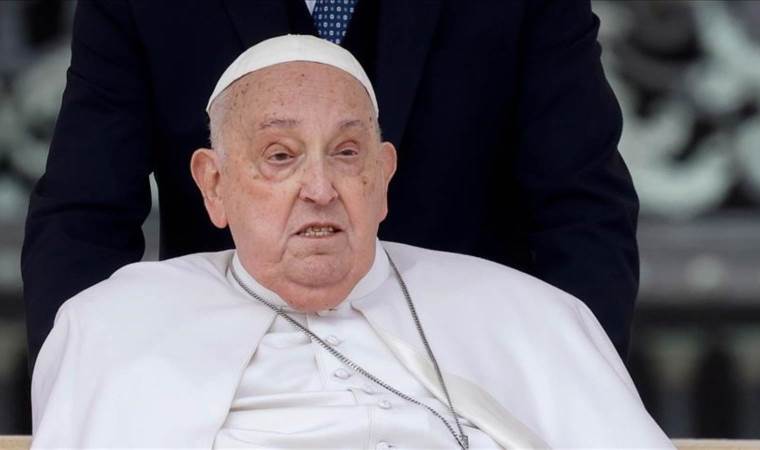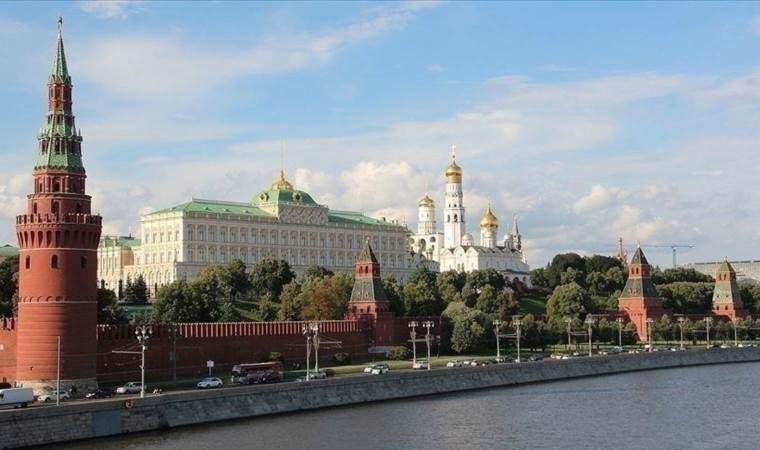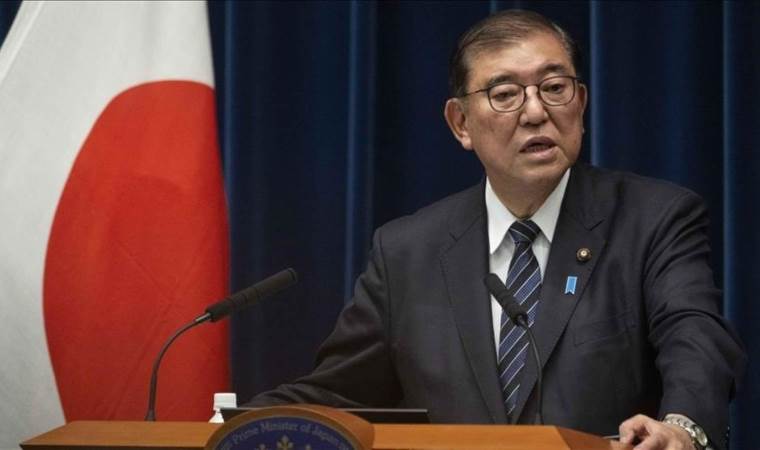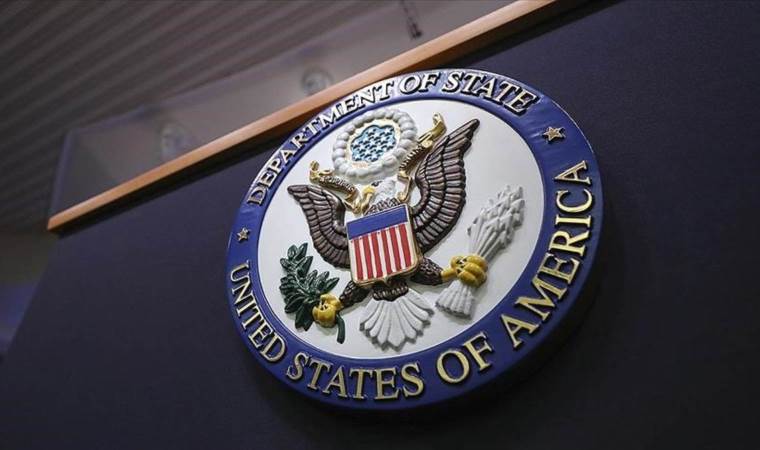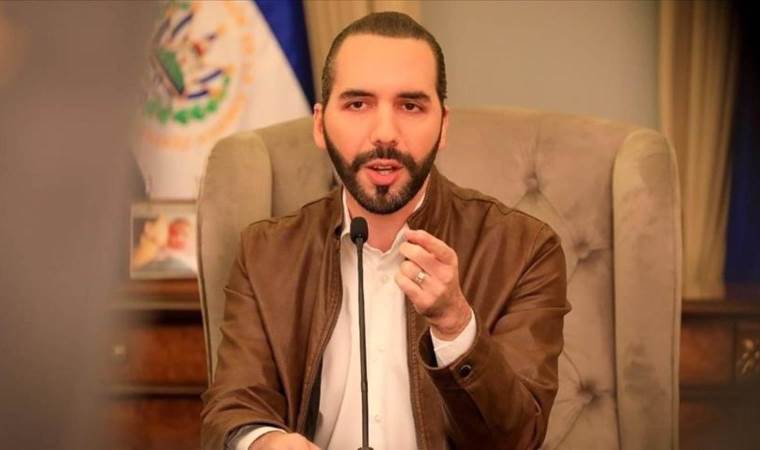'The Happiest Man in the World' Reveals Three Life Secrets
A Buddhist monk, who transitioned from a career in molecular genetics to embrace Tibetan Buddhism, unveils the blueprint for a lifetime of contentment.
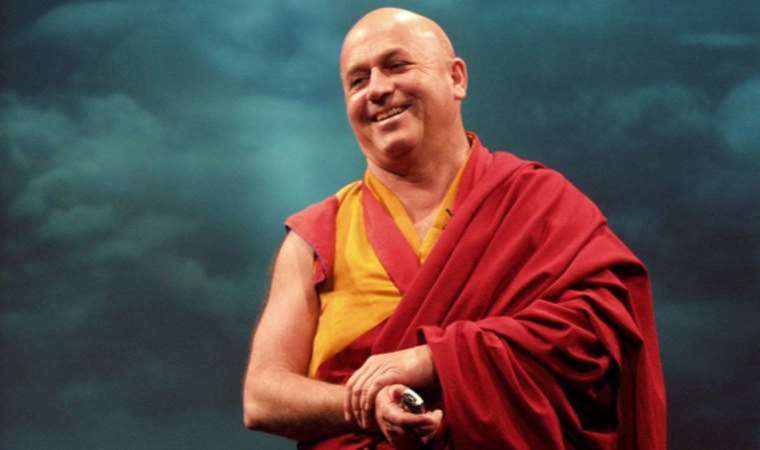
Matthieu Ricard, once a PhD candidate in molecular genetics at the Pasteur Institute in France, diverted his path in 1972 after completing his doctoral thesis to delve into Tibetan Buddhism. Acclaimed as "The Happiest Man in the World," Ricard found his spiritual home at the Shechen Tennyi Dargyeling Monastery in Nepal.
In a conversation with the New York Times, Ricard illuminated the journey of mastering emotional control, stressing that while compassion should extend universally, understanding its boundaries is vital.
He conveyed that by nurturing compassion and love, one can unlock a more enriched existence. Ricard underscored the significance of yearning for the happiness of others to attain inner tranquility.
Revealing his trio of happiness principles, Ricard affirmed, "Firstly, there are no mysterious secrets. Secondly, happiness isn't limited to a mere triad of components. Lastly, comprehending these facets is life's most invaluable pursuit, albeit one that spans a lifetime."
Most Read News
-
 Pope Francis dies at 88 after prolonged illness: Vatican
Pope Francis dies at 88 after prolonged illness: Vatican
-
 Kremlin ‘satisfied’ with US position ruling out NATO mem
Kremlin ‘satisfied’ with US position ruling out NATO mem
-
 Russia, Ukraine report airstrikes as Putin’s Easter ceas
Russia, Ukraine report airstrikes as Putin’s Easter ceas
-
 Trump ‘values’ talks with Japan, says Premier Ishiba ami
Trump ‘values’ talks with Japan, says Premier Ishiba ami
-
 US scales back development, diplomatic presence in Afric
US scales back development, diplomatic presence in Afric
-
 Israel bans Palestinian minister from occupied West Bank
Israel bans Palestinian minister from occupied West Bank
-
 At least 33 civilians killed in RSF shelling of Sudan’s
At least 33 civilians killed in RSF shelling of Sudan’s
-
 Gold price exceeds $3,400 to reach new record high amid
Gold price exceeds $3,400 to reach new record high amid
-
 China sanctions US lawmakers, officials, NGO heads
China sanctions US lawmakers, officials, NGO heads
-
 El Salvador’s president calls on Maduro to release Venez
El Salvador’s president calls on Maduro to release Venez
